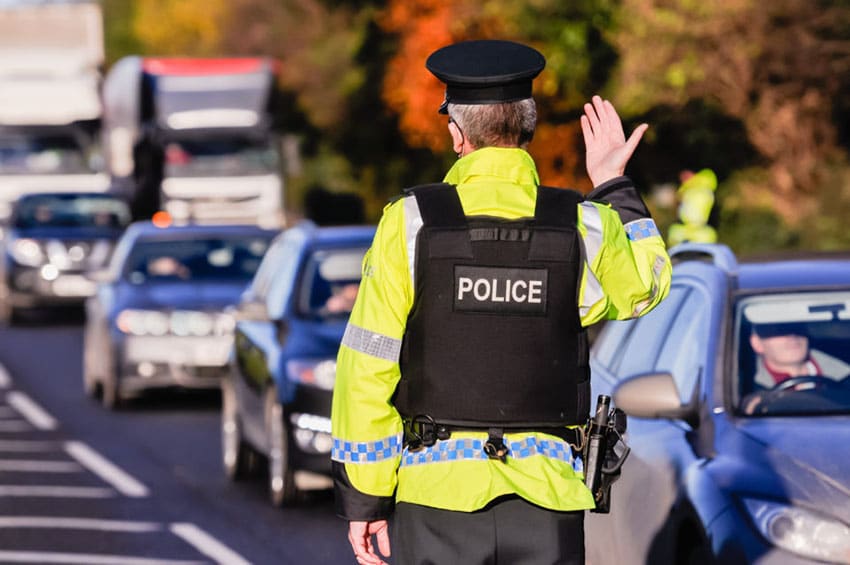Understanding DUI Checkpoints: What to Expect
DUI checkpoints, commonly known as sobriety checkpoints, are locations where law enforcement officers stop vehicles to check for signs of impaired driving. These stops are typically announced in advance and are conducted in accordance with state laws. Understanding how these checkpoints operate can help individuals know their rights and what to expect during such encounters.
During a DUI checkpoint, officers may ask drivers for their license and registration while observing for any signs of intoxication. It's important to know that you have the right to remain silent and to refuse field sobriety tests, although this may lead to further questioning. Familiarizing yourself with the legal framework surrounding DUI checkpoints can empower you to navigate these situations more effectively.
Legal Consequences of DUI Charges in Texas
In Texas, the legal repercussions of a DUI charge can be severe, ranging from fines and license suspension to jail time, depending on the circumstances of the offense. First-time offenders may face a Class B misdemeanor, while repeat offenders or those with aggravating factors can be charged with felonies, leading to harsher penalties.
For instance, a first DUI offense can result in fines up to $2,000 and a license suspension for up to a year. In contrast, repeat offenses can lead to significant jail time and increased financial penalties. Understanding these consequences is crucial for anyone facing DUI charges, as it highlights the importance of seeking legal representation to navigate the complexities of the criminal justice system.
Defenses Against DUI Charges: Strategies to Consider
When faced with DUI charges, there are several potential defenses that a skilled attorney might employ to challenge the prosecution's case. Common defenses include questioning the legality of the traffic stop, the accuracy of breathalyzer tests, and the qualifications of the officers administering sobriety tests.
For example, if an officer did not have probable cause to stop a vehicle, any evidence obtained during the stop may be deemed inadmissible in court. Additionally, if a breathalyzer test was improperly calibrated or administered, it could lead to a dismissal of the charges. Understanding these defenses can significantly impact the outcome of a DUI case and underscores the importance of having knowledgeable legal counsel.
Frequently Asked Questions About DUI in Texas
Individuals facing DUI charges often have numerous questions regarding their rights, legal processes, and potential outcomes. Common inquiries include the implications of refusing a breathalyzer test, how to reinstate a suspended license, and what to expect during court proceedings.
For instance, refusing a breathalyzer test in Texas can lead to automatic license suspension and other penalties, making it crucial to understand the consequences of such decisions. Additionally, knowing the steps to take after a DUI charge, including seeking legal advice and understanding the court process, can help individuals navigate their situation more effectively.

